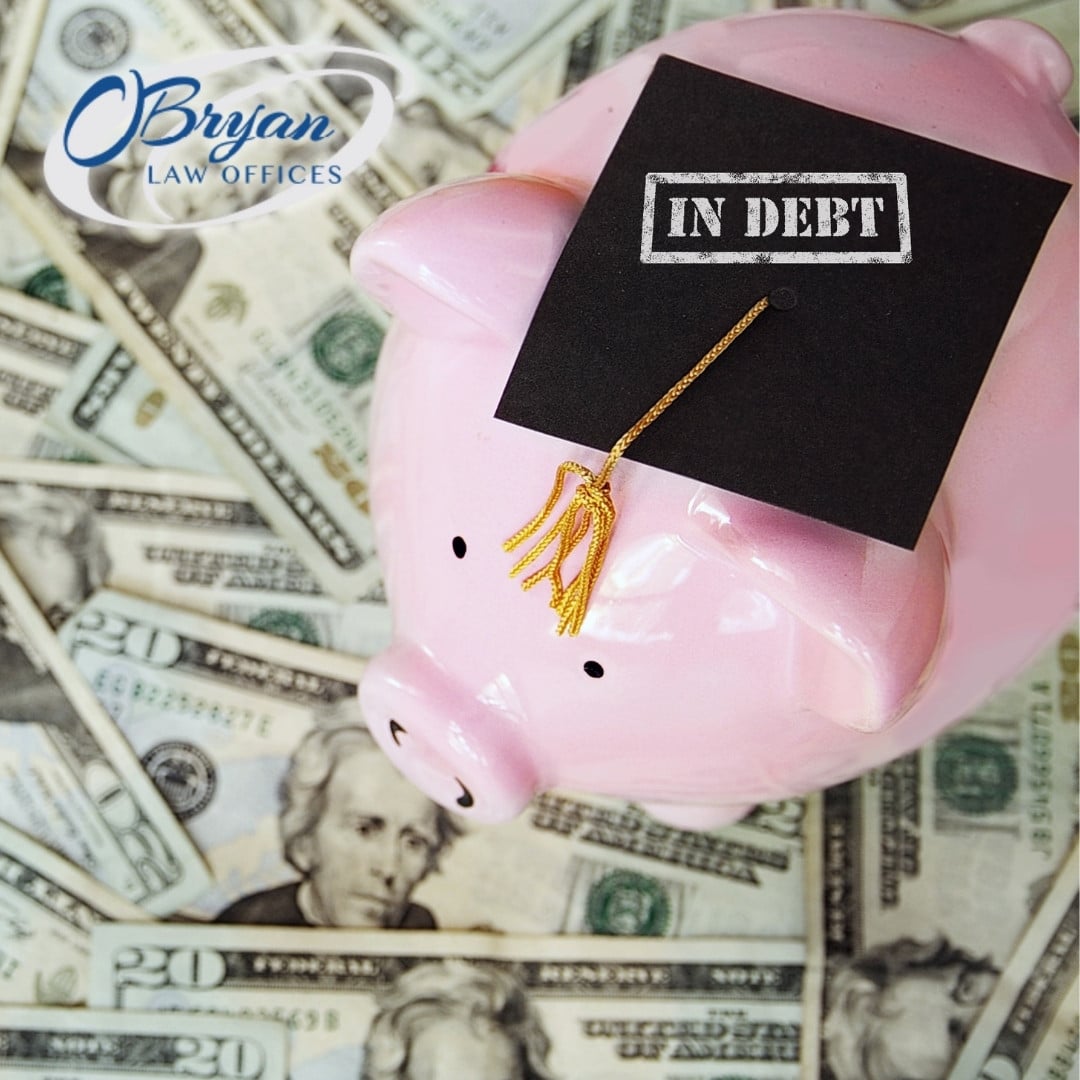The National Association of Consumer Bankruptcy Attorneys (NACBA) is currently lobbying Congress in support of two bills aimed at allowing debtors to discharge private student loans during bankruptcy. Each bill seeks to amend the current federal Bankruptcy Code to allow debtors to discharge student loans made by private lenders. The bills do not affect federal student loans.
Under current law no student loan can be discharged by a bankruptcy court unless there is a finding of “undue hardship.” The federal courts have interpreted this language very strictly, and very few bankruptcy debtors are able to satisfy the undue hardship standard to discharge student loans.
The NACBA supports changes to the Bankruptcy Code through the “Private Student Loan Bankruptcy Fairness Act of 2011,” a bill currently pending in the House of Representatives, or via the “Fairness for Struggling Students Act,” a similar bill in the Senate. Each bill allows a bankruptcy debtor to discharge student loans from private lenders like banks and Sallie Mae.
Outstanding student loans are a terrible burden on many American households and total over $1 trillion. That is more than the total credit card debt, currently at around $800 billion.
“There simply is no reason to allow private student loans to be treated differently from other types of unsecured credit,” NACBA said in a report Feb. 7. “In fact, exempting these loans from discharge is likely to cause even more harm for borrowers.” There are no federal restrictions on fees or interest rates for private student loans. The options for repaying the loans are also limited.
If you have a student loan debt that you cannot afford to pay, speak with an experienced attorney and discover how the federal bankruptcy code can help. In some cases bankruptcy can postpone payments while you reorganize your other debts, or help you afford your monthly student loan bill by discharging other debts. Chapter 7 and Chapter 13 bankruptcy Kentucky are both viable options for those struggling with debt.







